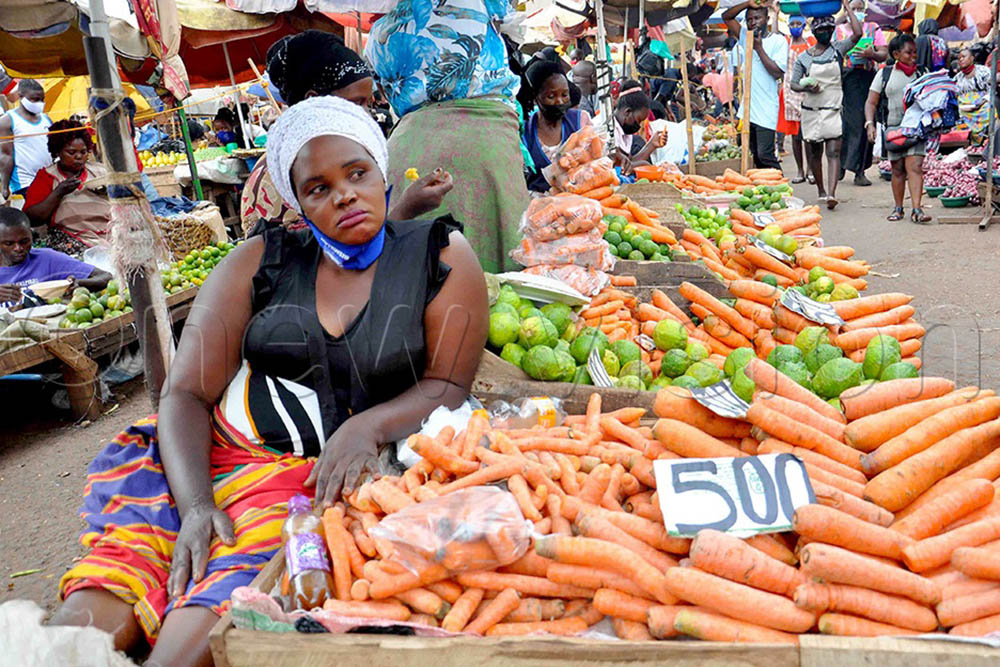Perceptions about doing business in Uganda remain positive – Report
Mar 19, 2024
According to the performance of the economy report for February 2024, overall economic activity has continued to strengthen as shown by the high-frequency indicators of economic activity (The Composite Index of Economic Activity) and the Purchasing Managers' Index.

Perceptions about doing business in Uganda remained positive with the Business Tendency Index (BTI) recorded at 55.82 in February, the latest report from the Ministry of Finance has shown. (New Vision/Files)
Apollo Mubiru
Journalist @New Vision
__________________
KAMPALA - Perceptions about doing business in Uganda remained positive with the Business Tendency Index (BTI) recorded at 55.82 in February, the latest report from the Ministry of Finance has shown.
“Nonetheless, it reduced from 58.88 in January 2024 indicating less optimism largely due to increasing fuel prices, materials, and utility costs, affecting the agriculture and wholesale sector,” the report indicated.
According to the performance of the economy report for February 2024, overall economic activity has continued to strengthen as shown by the high-frequency indicators of economic activity (The Composite Index of Economic Activity) and the Purchasing Managers' Index.
In January 2024, Uganda traded at surpluses with East African Community, the Middle East, and the European Union at $80.63 million, $71.52 million, and $ 44.93 million respectively.
Coffee export receipts in January 2024 amounted to $ 85.57 million, a 29.8% increase in value from USD 65.94 million registered in December 2023.
The annual headline inflation continued on an upward trend increasing to 3.4% in February from 2.8% the previous month.
This development was on account of an increase in annual core inflation and energy, fuel & utilities inflation, which rose to 3.4% and 8.0% in February from 2.4% and 7.4% in January respectively.
On the other hand, annual food crops and related items inflation slowed down over the same period to 0.5% from 2.6%.
Financial Sector
In February 2024, the shilling depreciated by 1.8% on average to a mid-rate of sh3,873.6 per $ from sh3,805.0 per USD recorded the previous month. This depreciation was in part due to strong dollar demand from the energy and manufacturing sectors.
Commercial banks’ shilling denominated lending rates increased to a weighted average of 17.32% in January 2024 from 16.70% in December 2023, partly explained by the increase in inflationary pressures over that period.
Economic activity continued to strengthen as shown by the high-frequency indicators of economic activity (The Composite Index of Economic Activity (CIEA) and the Purchasing Managers’ Index (PMI).
Perceptions about business conditions over the next few months also remained positive with the Business Tendency Index (BTI) scoring above its threshold of 50.
The Composite Index of Economic Activity continued to increase from 160.03 in December 2023 to 160.34 in January 2024. This represented a month-on-month growth of 0.19% in January, higher than the growth of 0.15% in December 2023.
The PMI for February recorded at 51.7 signaled a continued expansion in private sector activity. The expansion was mainly driven by an increase in new orders, higher output, and a rise in staffing levels.

No Comment